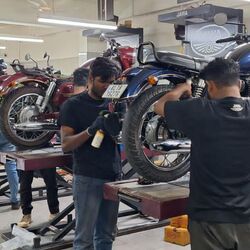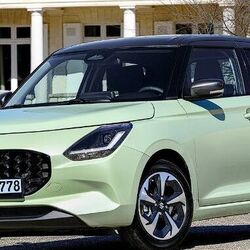Maruti Suzuki WagonR showcased as flex-fuel car with BS 6 compatibility
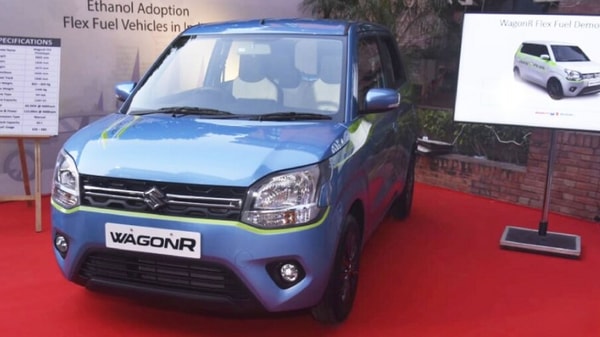

Maruti Suzuki showcased its WagonR hatchback as a flex-fuel car in an exhibition organised by Society of Indian Automobile Manufacturers (SIAM) on Monday. The carmaker said the prototype model of the mass segment vehicle will be compatible with BS 6 Phase-II emission norms and will be part of its efforts to decarbonise. The WagonR showcased at the Ethanol Technology Exhibition was developed locally by Maruti Suzuki. It is the carmaker's mascot as it aims to contribute to India's target of converting to more affordable and cleaner ethanol based fuel under the Corporate Average Fuel Economy (CAFE) norms.
The WagonR flex-fuel car showcased at the event has an upgraded engine under its hood, which has been designed to use ethanol-blended petrol. The engine comes with new fuel system technologies like heated fuel rail for cold start assist and ethanol sensor for ethanol percentage detection. This will help it become compatible with higher ethanol blends (E20-E85). Maruti also upgraded the engine management system, fuel pump and fuel injector and other mechanical components to ensure the durability of the engine, as well as the car.
Also check these Cars
Maruti Suzuki has confirmed that it will introduce its first flex-fuel vehicle for the compact segment by 2025. Hisashi Takeuchi, Managing Director and CEO at Maruti Suzuki India Limited said, “The Wagon R Flex Fuel prototype vehicle emboldens Government of India’s ‘Make in India’ efforts. Notably, our research shows that ethanol fuel based Wagon R Flex Fuel prototype vehicle operating on E85 fuel will help reduce tailpipe GHG emissions by 79% in comparison to a conventional gasoline Wagon R model while ensuring the same power performance."
Maruti plans to evaluate flex-fuel technology in coming days with ethanol-blended petrol amid Union Minister Nitin Gadkari's push to shift to cleaner fuel in an effort to reduce pollution. The second phase of CAFE norms is aimed at lowering fuel consumption of vehicles by reducing their CO2 emissions. Under CAFE II regulations, the average corporate CO2 emission must be less than 113 gm/km.







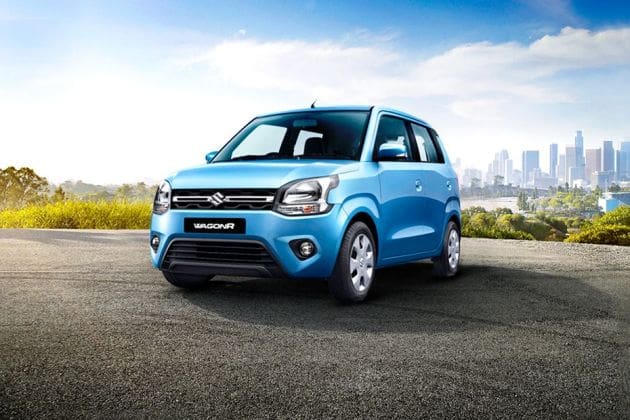
 1197.0 cc
1197.0 cc Multiple
Multiple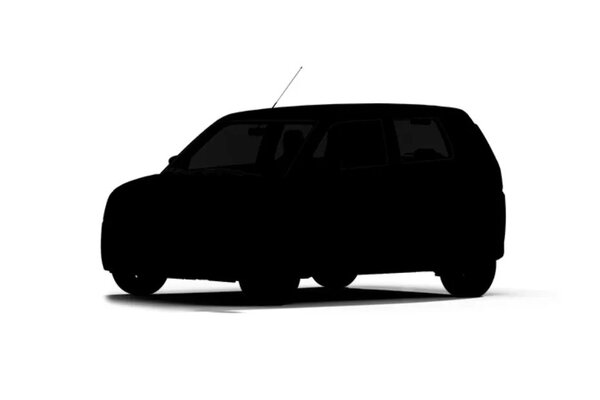
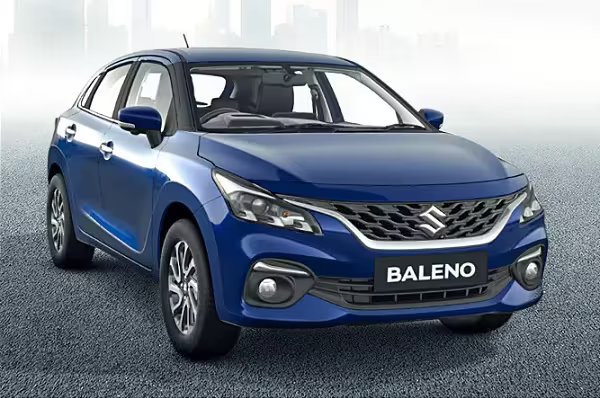
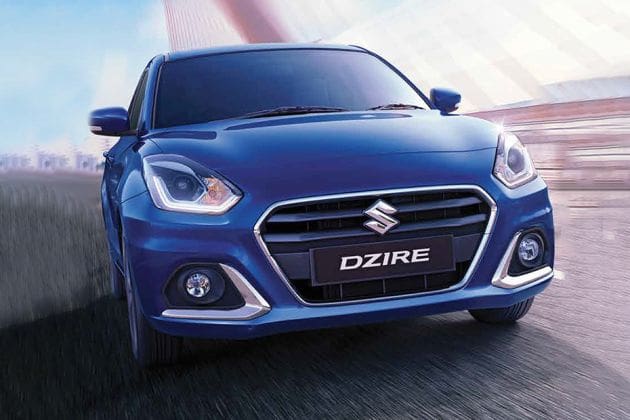
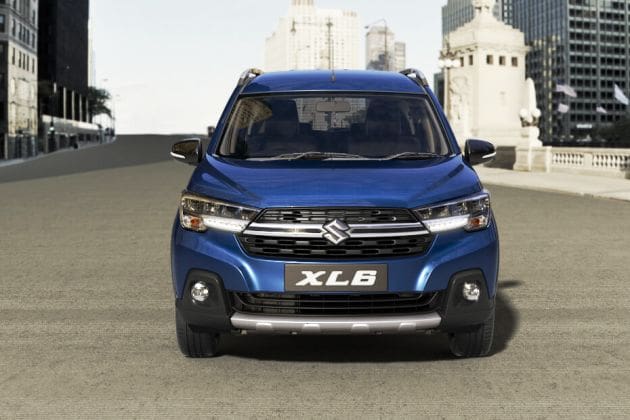
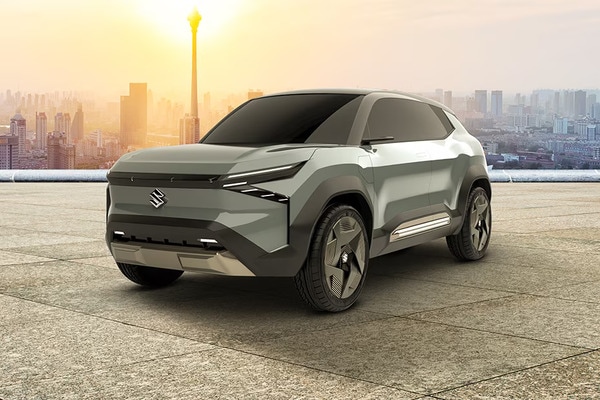
 60 kWh
60 kWh 550 Km
550 Km


